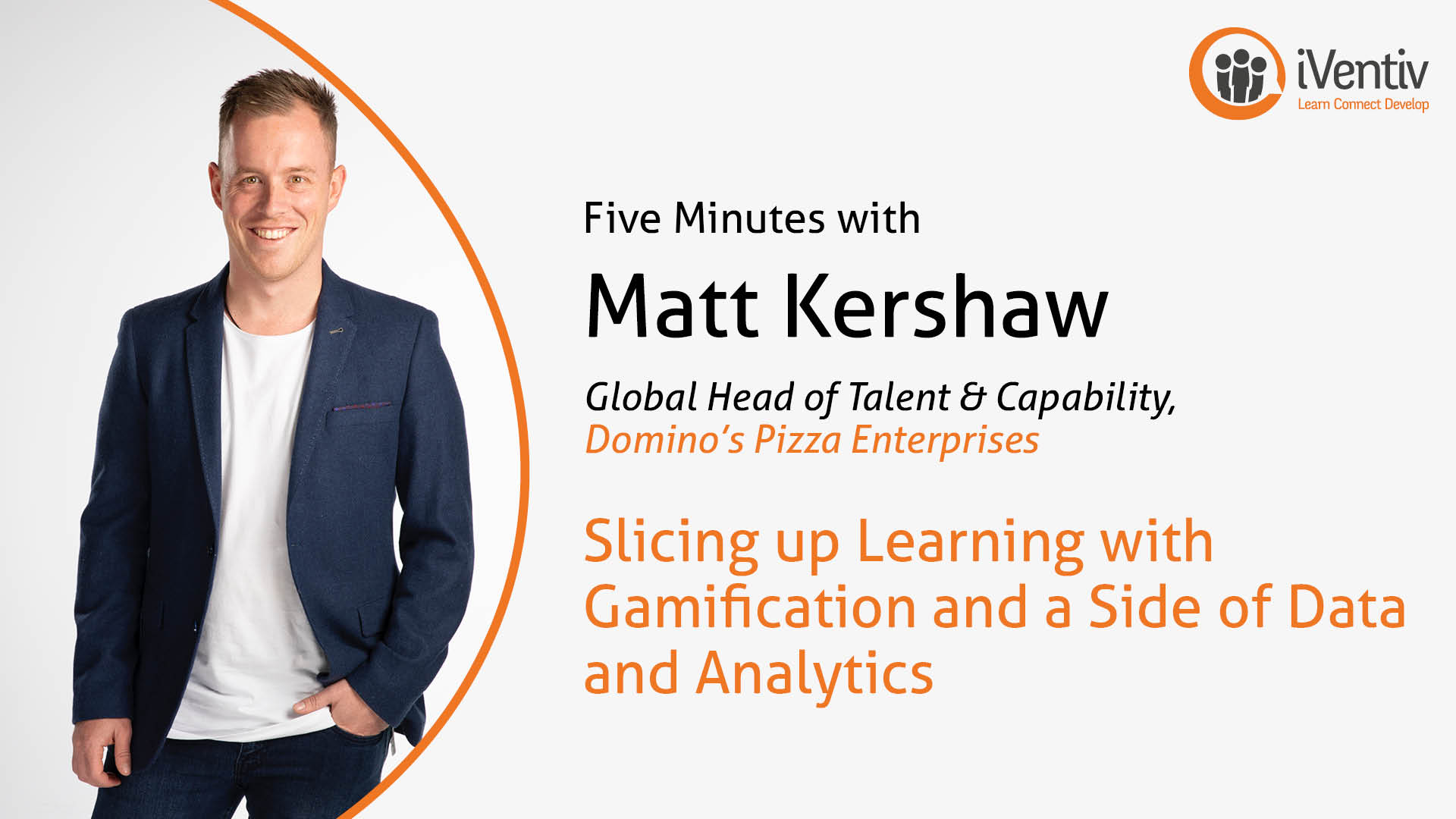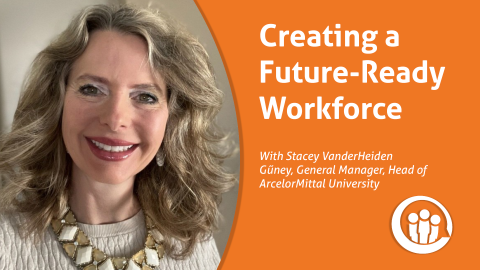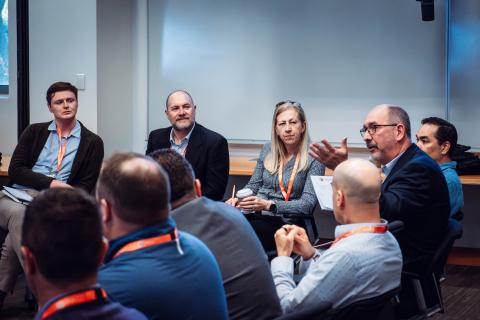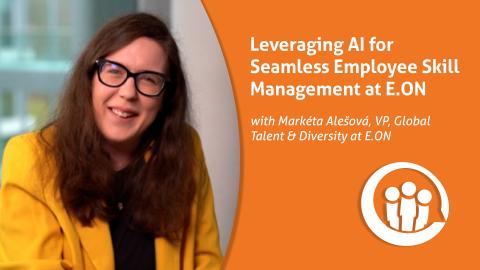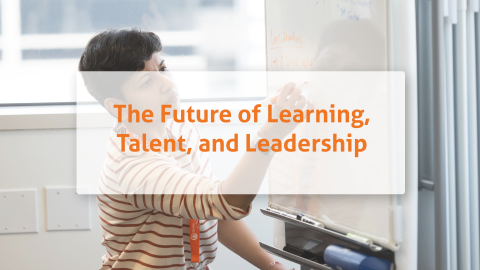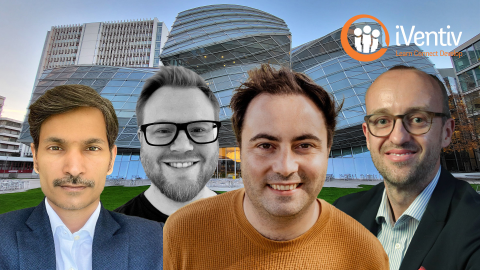Submitted by networkadmin on
In this instalment of our Five Minutes with series, we spoke to Matt Kershaw, Global Head of Talent and Capability at Domino's Pizza Enterprises, who provided insightful reflections on the transformative approach to learning and development within the organisation, particularly regarding gamification and the strategic use of data and analytics.
How has Matt coupled gamification and data analytics to transform the way his workforce learns?
The Path to Excellence
In an industry where many senior leaders have risen from entry-level positions, Kershaw underscored that learning is an intrinsic element in the professional journey of their employees.
To foster a culture of continuous growth and engagement, Matt mentions, Domino's introduced "The Path to Excellence," a mobile app designed to deliver learning opportunities tailored to the needs and habits of a predominantly young workforce accustomed to consuming content on mobile devices. This approach aligns learning with the digital-native expectations of their audience, enabling skill acquisition in bite-sized, manageable intervals.
Matt spoke about the inspiration behind integrating gamification into learning—taking cues from addictive mobile games like Candy Crush—to create a compelling and competitive learning experience. This is evident in The Path to Excellence’s app features that allow users to create avatars, view their career pathways, and engage with content that helps them earn badges and competencies, fostering a sense of achievement and progression.
Leveraging Data & Analytics
A significant aspect of Domino's revamped learning strategy, according to Matt, involves leveraging data and analytics to illuminate the impact of training on business outcomes. By crafting comprehensive dashboards that align learning metrics with business, operations, and sales data, Domino's leaders can now demonstrate tangible correlations between investment in learning and key performance indicators such as customer satisfaction and profitability.
Further, matt talks about how this data-driven approach to learning has positioned Domino’s not only to underscore the intrinsic value of learning but also to link it directly to business performance, illustrating how enhanced training leads to enhanced results. This shift has been pivotal, highlighting the transformation of learning from a compliance-focused activity to what Matt refers to as a strategic business driver.
Enthusiasm for Innovation
Matt’s enthusiasm for innovation in learning reflects a broader theme for Chief Learning Officers: the potential of gamification to enrich learning experiences and the power of analytics to substantiate the role of learning in achieving business success.
He reiterates his eagerness to delve deeper into these themes and underscores an exciting era for learning professionals—one where engagement, data, and business performance intersect to redefine the future of learning in the corporate environment.
Matt has been challenged to build a world-class leadership development program and deliver cutting-edge training to 100,000+ Domino’s team members and franchisees across 12 markets (Australia, New Zealand, Japan, Taiwan, Malaysia, Singapore, Cambodia, Belgium, France, Germany, Luxembourg, The Netherlands).
Prior to joining Domino’s, Matt spent nine years as the Chief Executive Officer of yLead – a non-profit that delivers leadership development to the education sector in Australia and New Zealand. In this role, Matt was responsible for producing in-house workshops, national and international leadership forums, and overseas immersion programs to over 30,000 people each year. It is Matt’s in-depth knowledge of empowering young people, coupled with his experience running a small, fast-paced business that make him such a unique asset as Domino’s Global Head of Talent and Capability.
Matt will be leading a session on ‘Slicing up Learning with Gamification and a Side of Data and Analytics’ at Learning Futures Sydney this month (14-15 November). Register for free now
